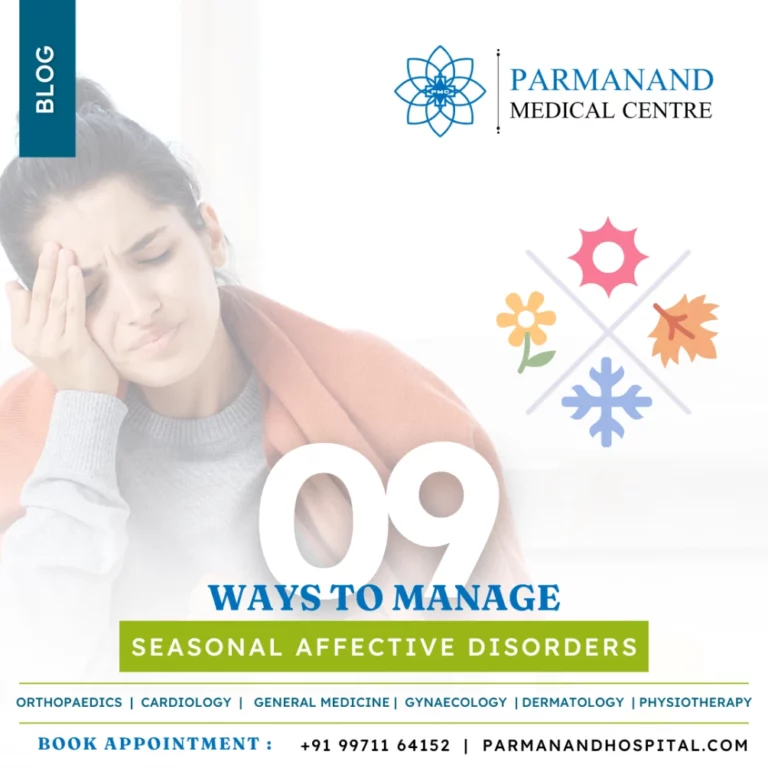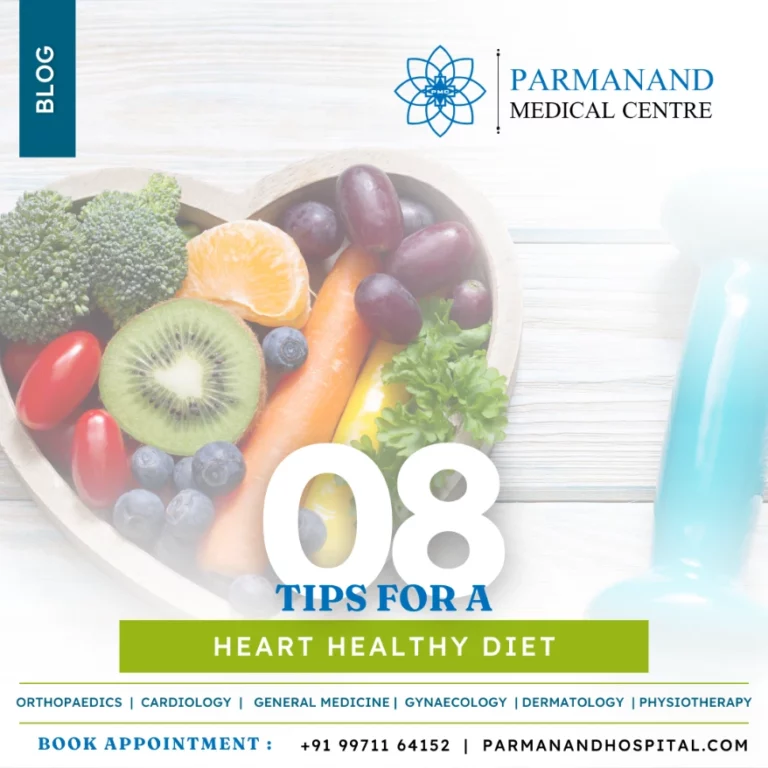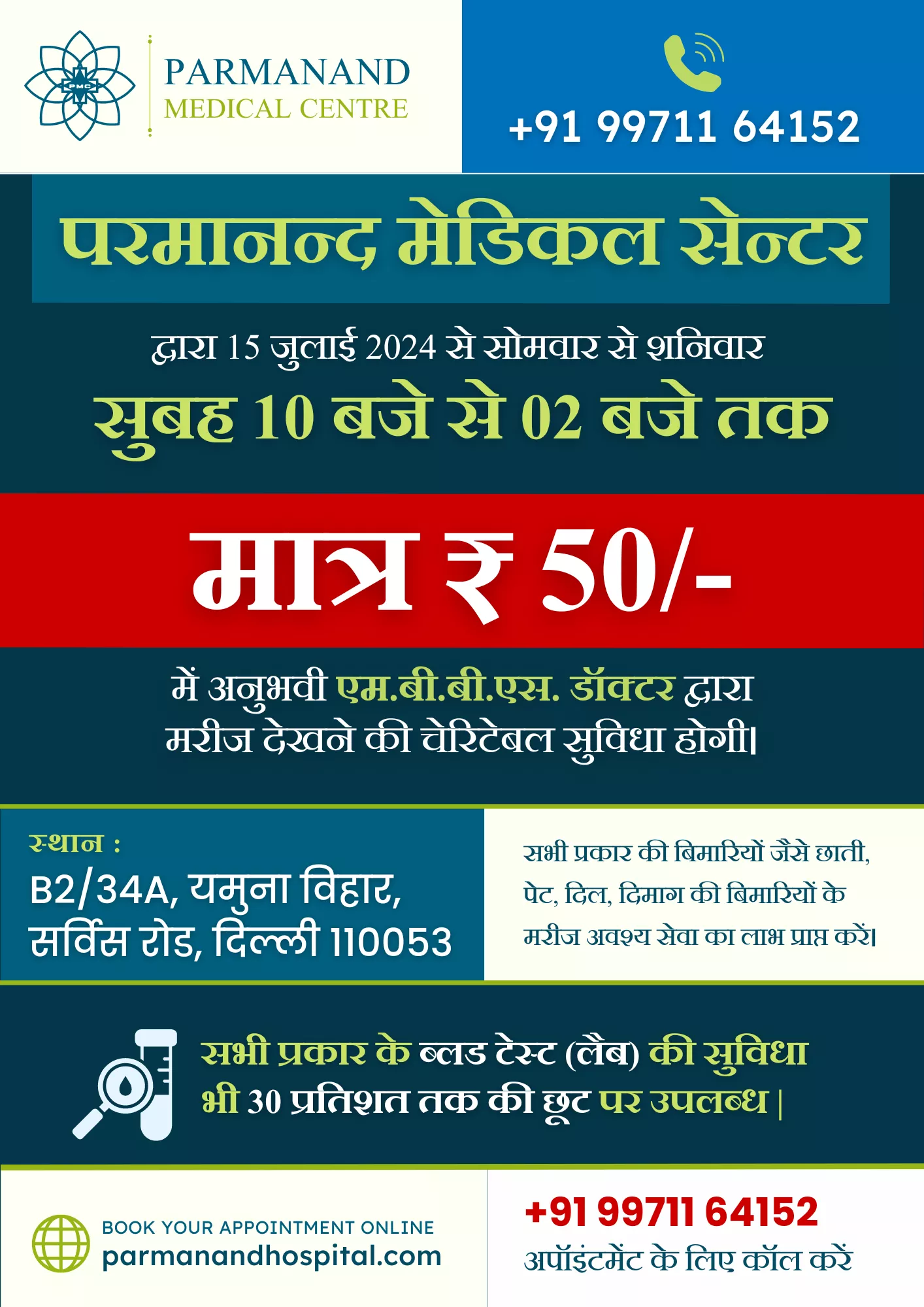Hormones serve as the body’s chemical messengers, regulating various physiological and psychological processes. Let’s discuss the role of nutrition in balancing hormones. Secreted by the endocrine glands distributed throughout the body, hormones maintain homeostasis and control functions such as growth, metabolism, mood, and reproduction.

Understanding Hormonal Imbalance
Before discussing the role of nutrition in balancing hormones, let’s first understand hormonal imbalances. Hormonal imbalances occur when there’s a disruption in the production or regulation of hormones. These disruptions can result from genetic factors, environmental influences, or dietary habits, leading to conditions that affect overall health and well-being.
Common Hormonal Imbalance Symptoms

Symptoms of hormonal imbalance can vary between men and women but may include sudden weight changes, sleep disturbances, mood swings, changes in libido, and irregular menstrual cycles in women.
Hormonal Imbalance in Men
In men, hormonal imbalances can manifest as erectile dysfunction, decreased muscle mass, fatigue, mood changes, and infertility. Insufficient testosterone production or abnormalities in other hormones can contribute to these symptoms.
Hormonal Imbalance in Women
Women may experience hormonal imbalances associated with conditions like polycystic ovary syndrome (PCOS), which can lead to irregular periods, excess hair growth, acne, and fertility issues. Menopause and fluctuations in estrogen and progesterone levels can also cause hormonal changes in women.
Causes of Hormonal Imbalances
In understanding the role of nutrition in balancing hormones, let’s first go through the factors contributing to hormonal imbalances include genetics, environmental toxins, stress, inadequate nutrition, and certain medical conditions or medications. Identifying and addressing the underlying causes are essential for effectively managing hormonal imbalances.

Role of nutrition in balancing hormones
The role of nutrition in balancing hormones is very crucial. A diet rich in nutrient-dense foods, including lean proteins, healthy fats, fruits, vegetables, and whole grains, can support hormone production and regulation.
Foods to Include in the Diet – Role of nutrition in balancing hormones
For men and women alike, incorporating foods rich in omega-3 fatty acids, such as salmon, flaxseeds, and walnuts, can help reduce inflammation and support hormonal health. Lean proteins like chicken, turkey, tofu, and legumes provide essential amino acids necessary for hormone synthesis.
Foods to Avoid- Role of nutrition in balancing hormones
To emphasize the role of nutrition in balancing hormones, it’s equally important to emphasize on what foods should be avoided. Limiting processed foods, refined sugars, and excessive caffeine and alcohol consumption can help stabilize blood sugar levels and prevent hormonal disruptions. Hormone-laden meats and dairy products may also contribute to imbalances and should be consumed in moderation.
Sample Diet Plan- Role of nutrition in balancing hormones
A balanced diet for hormonal health includes regular meals and snacks that provide a mix of macronutrients and micronutrients. Incorporating whole foods, such as leafy greens, colorful vegetables, whole grains, and healthy fats, ensures a diverse nutrient intake to support overall well-being.
Lifestyle Factors for Hormonal Health
We have discussed the role of nutrition in balancing hormones, but in addition to the nutritional aspect, lifestyle factors such as regular physical activity, stress management techniques, adequate sleep, and maintaining a healthy weight are essential for hormone balance. Engaging in activities that promote relaxation, such as yoga, meditation, and spending time outdoors, can further support hormonal health.
General Physician in Yamuna Vihar, Delhi
Led by Dr. Rajesh Sonkusare (MBBS, MD – General Medicine), Consultant Physician at Sant Parmanand Hospital, our General Medicine department at Parmanand Medical Centre specializes in preventing, diagnosing, and treating various adult illnesses. We provide comprehensive patient care and collaborate with different specialties. If you have any of the following symptoms, please visit us in Yamuna Vihar:
- Asthma / Difficulty In Breathing
- Diabetes
- Hypertension / Blood Pressure Problem
- Head/Throat/Chest/Stomach Illness
- Dengue/Malaria
- Vaccination
- Typhoid
- Tuberculosis (T.B.)
- Cough & Cold / Fever
- General Diagnosis & Treatment
Parmanand Medical Centre, under the guidance of Dr. Shekhar Shrivastav – HOD Orthopedics of Sant Parmanand Hospital (Civil Lines, Delhi) specializes in Orthopedics and also offers its service in the departments of Cardiology, Gynecology, General Medicine, Dermatology, Physiotherapy & Diagnostic Tests.
We believe that everyone should have a moment and moderate access to the best health specialists, in their own locality. At Parmanand Medical Centre, Yamuna Vihar, this is the conviction that brings us all together and our objective is becoming substantially more and more vital due to the huge and developing issue of the absence of access to reasonable medicinal services.
If you have any inquiries regarding our physicians or services, please don’t hesitate to reach out to Parmanand Medical Centre. You can contact us by calling (+91) 997-116-4152 or by sending an email to [email protected]. Additionally, you can click here to access our location on the map or request an appointment. We extend our best wishes to you and your family for a healthy and joyful time.
Connect with us on social media platforms for valuable health tips and general medical knowledge. Follow us on Instagram @parmanandhospital, like our page on Facebook @parmanandhospital, and join us on LinkedIn @parmanandhospital. Stay informed and inspired for a healthier life.




